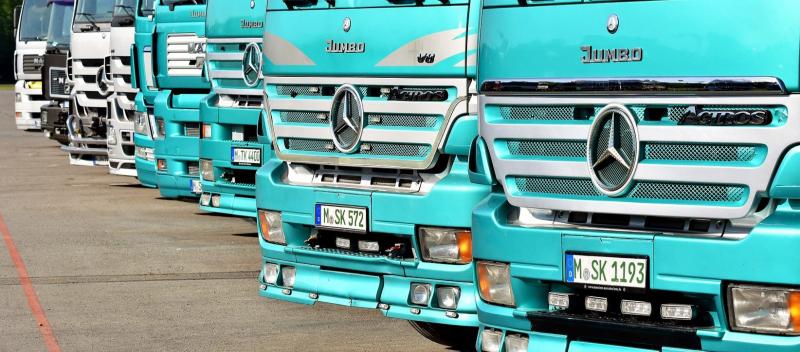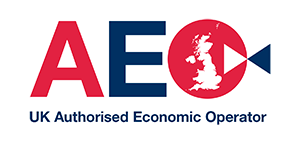
Many drivers will understand the struggles of crossing over to Europe from the busier ports in the UK. Queues and long wait periods appear to be the norm with 3.5 million goods vehicles travelling to EU member countries in 2018.
Whilst congestion issues are commonplace, it is possible that this will become a much more significant issue once the UK has left the EU. Logistics UK (formerly the Freight Transport Association) predicted that even something as minor as a two-minute delay at the port of Dover could result in a seventeen-mile traffic jam.
In 2018, 44% of the total traffic at the major ports was from UK trade with the EU. Currently, customs declarations are not a legal requirement when transporting goods to the EU, however once the transition period ends on 31st December 2020, more documentation and checks will be required before goods can be processed. We already know that import/export and security checks will be required, regardless of the result of trade negotiations.
Without significant change to customs clearance processes, it is possible that ports will be unable to cope with the heightened demand, causing pressure on the supply chain.
Many companies need to begin preparing for the implications of the EU exit now.
Here, at CustomsLink, we have developed a digital solution to the issues we expect the logistics sector to face in January 2021. Our system will help simplify customs declarations, making the entire process smoother.
Find out more about the benefits of using CustomsLink for your exporter customs processes.








